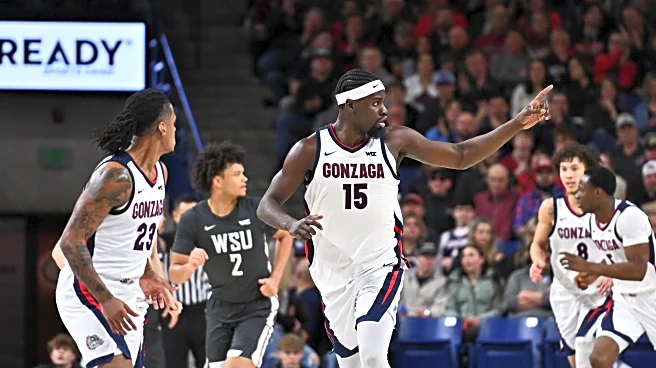What's Happening?
Hadas Pilzer, an educational counselor and parenting coach specializing in twins, discusses the unique challenges and strategies involved in raising twins. Pilzer emphasizes the importance of fostering
individuality among twins to ensure their independence. She explains that twins share a deep emotional connection from conception, which can lead to a symbiotic relationship. However, to nurture two whole, independent individuals, parents must guide twins through a process of emotional separation. Pilzer notes that this separation is not merely physical but involves psychological, educational, and emotional dimensions. Without proper guidance, twins may face difficulties in emotional, social, cognitive, and linguistic development.
Why It's Important?
The insights provided by Pilzer highlight the broader implications for parenting twins, which can affect family dynamics and child development. By fostering individuality, parents can help twins develop into independent individuals capable of navigating the world on their own. This approach can prevent potential developmental challenges and promote healthier relationships. The emphasis on separation while maintaining a twin identity is crucial for ensuring that twins do not become overly dependent on each other, which can impact their ability to function independently in society.
What's Next?
Parents of twins may need to adopt new strategies and seek guidance from experts like Pilzer to effectively implement the separation process. This may involve educational programs, counseling, and support groups tailored to the unique needs of twins. As awareness of these challenges grows, there may be increased demand for resources and support systems to assist parents in fostering individuality among twins.
Beyond the Headlines
The discussion around twin development also touches on ethical considerations regarding individuality and identity. As twins navigate their unique relationship, parents and educators must balance the need for independence with the preservation of their shared identity. This raises questions about the cultural and psychological aspects of twinhood and how society perceives and supports twins.












